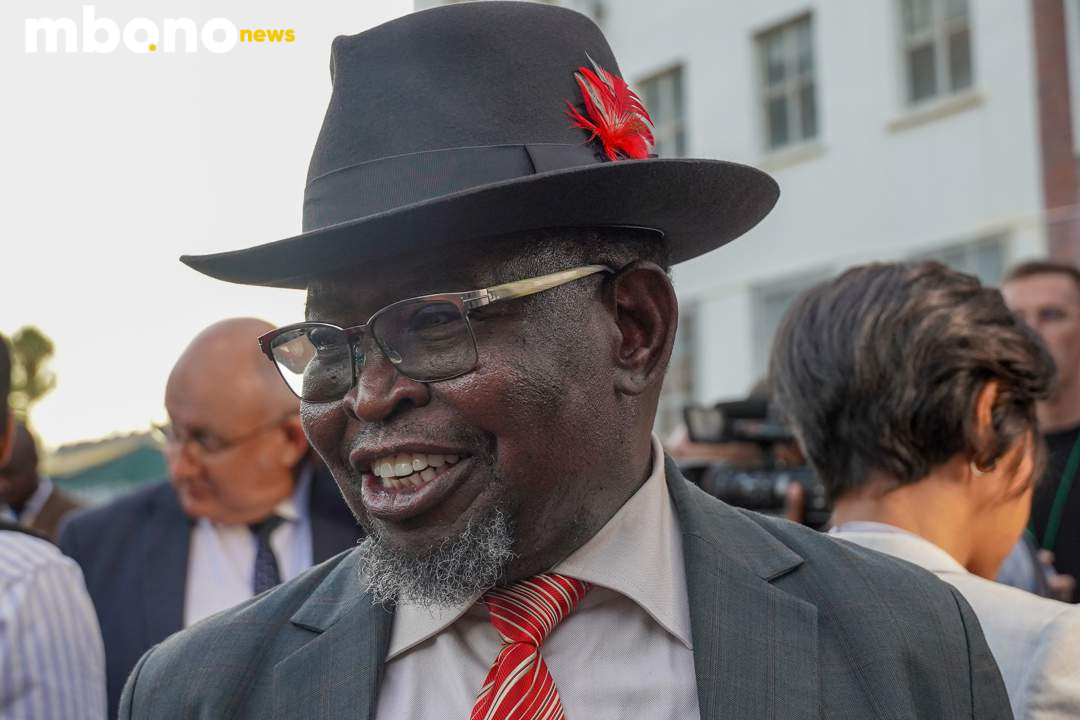Des van Rooyen Rejects Fiscal Framework, Labels It a “Sell-Out Pact” That Betrays the Poor
In a fiery speech ahead of the Parliamentary vote on key revenue proposals, Des van Rooyen, MP for the MK Party, has strongly rejected the government’s 2025 Fiscal Framework and Revenue Proposals, calling them a “sell-out pact” that betrays South Africa’s poor and vulnerable citizens.
Fuel Levy Increase: A “Regressive” Blow to the Poor
One of the key points of contention for van Rooyen was the proposed fuel levy increase, which he described as a “regressive” tax that would disproportionately affect lower-income South Africans. “This increase will harm the poor,” van Rooyen declared, warning that it would raise food prices and threaten food security across the nation.
He further criticized the government for failing to recognize the broader economic consequences of such policies, stressing that the fuel levy hike would squeeze the pockets of South Africa’s most vulnerable while doing little to address the country’s deeper economic crises.
Bold Attack on the Government of National Unity (GNU)
In a stark attack, van Rooyen also referred to the Government of National Unity (GNU) as “izimpimpi” — a Zulu term for “sell-outs” — accusing the Finance Minister and the ruling coalition of ignoring public input in favor of policies that benefit only the elite.
According to van Rooyen, the government is fostering socioeconomic instability by pushing through policies that exacerbate inequality, rather than alleviating it. “The people’s voices have been ignored,” he said, calling out the Finance Minister for prioritizing government spending over the welfare of ordinary South Africans.
The Growing Tension Ahead of Key Vote
As Parliament prepares to vote on the proposed fiscal measures, all eyes are on whether the MK Party and other critics will be able to mobilize enough opposition to block the proposals. The fuel levy and the Fiscal Framework are already sparking heated debates, with critics arguing that they will increase the cost of living and make it even harder for South Africans to make ends meet.
With tensions mounting, the outcome of the vote is seen as a critical moment in shaping the country’s economic future. The MK Party, alongside other opponents, has made it clear that they will continue to fight policies that they believe deepen the economic divide and fail to deliver tangible benefits for the working class and the poor.
As the national conversation intensifies, South Africans are watching closely to see if the government will heed these concerns or push forward with policies that critics argue will only entrench inequality and social unrest.
